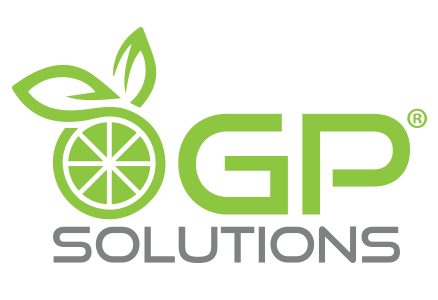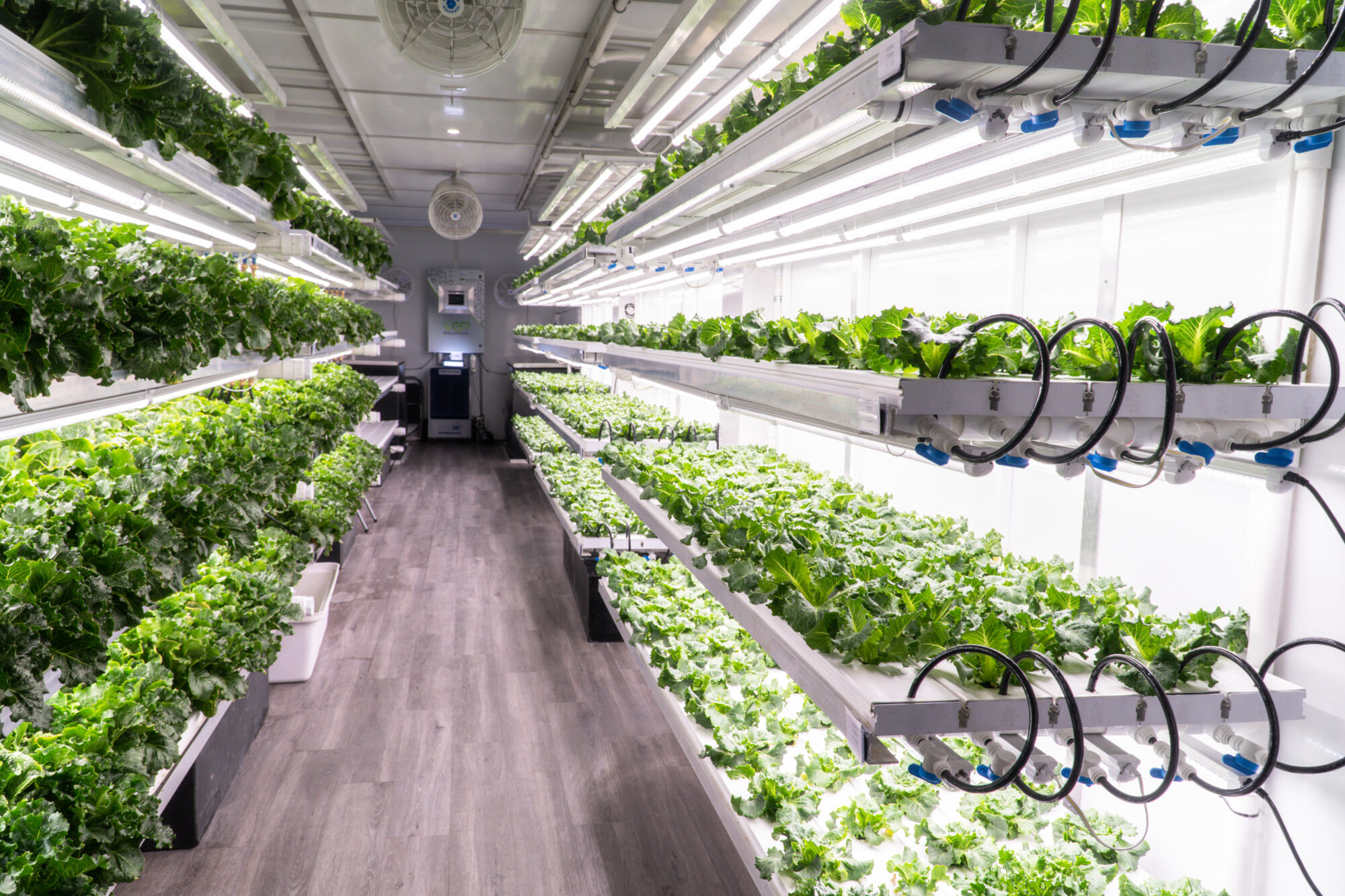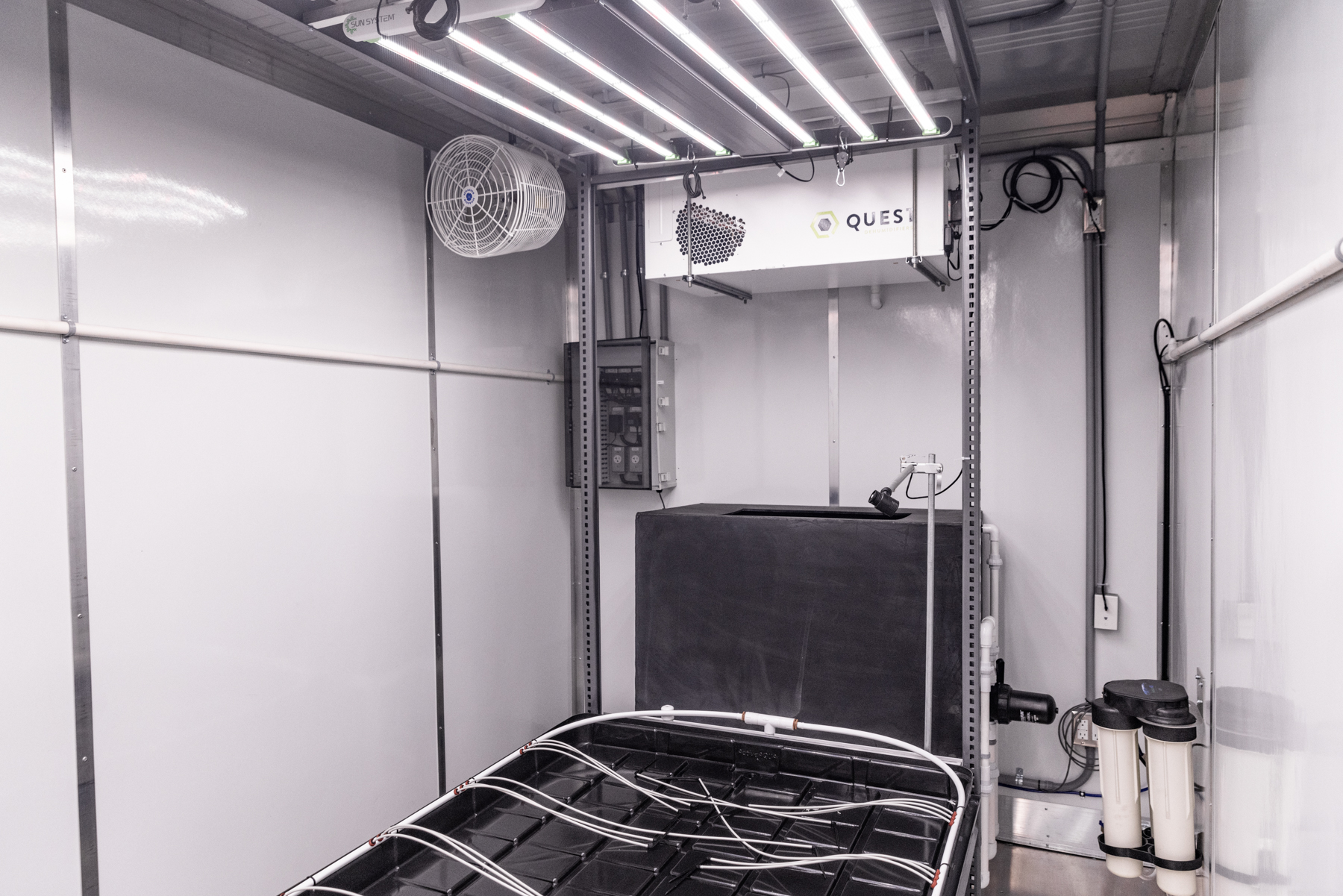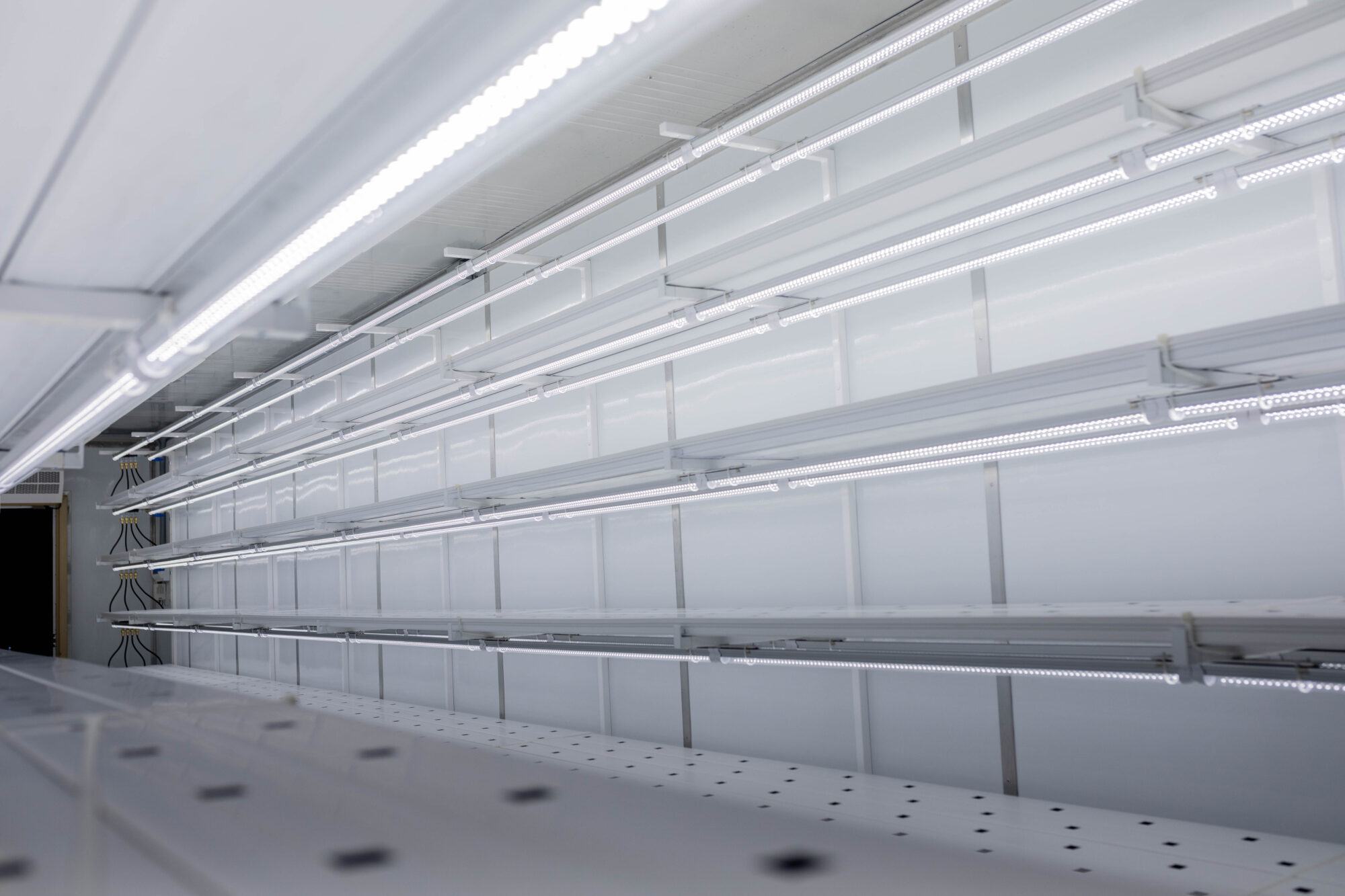Controlled Environment Agriculture
Modular, Scalable Farming Systems
Start Growing Cleaner & Healthier Produce
Anywhere & Everywhere
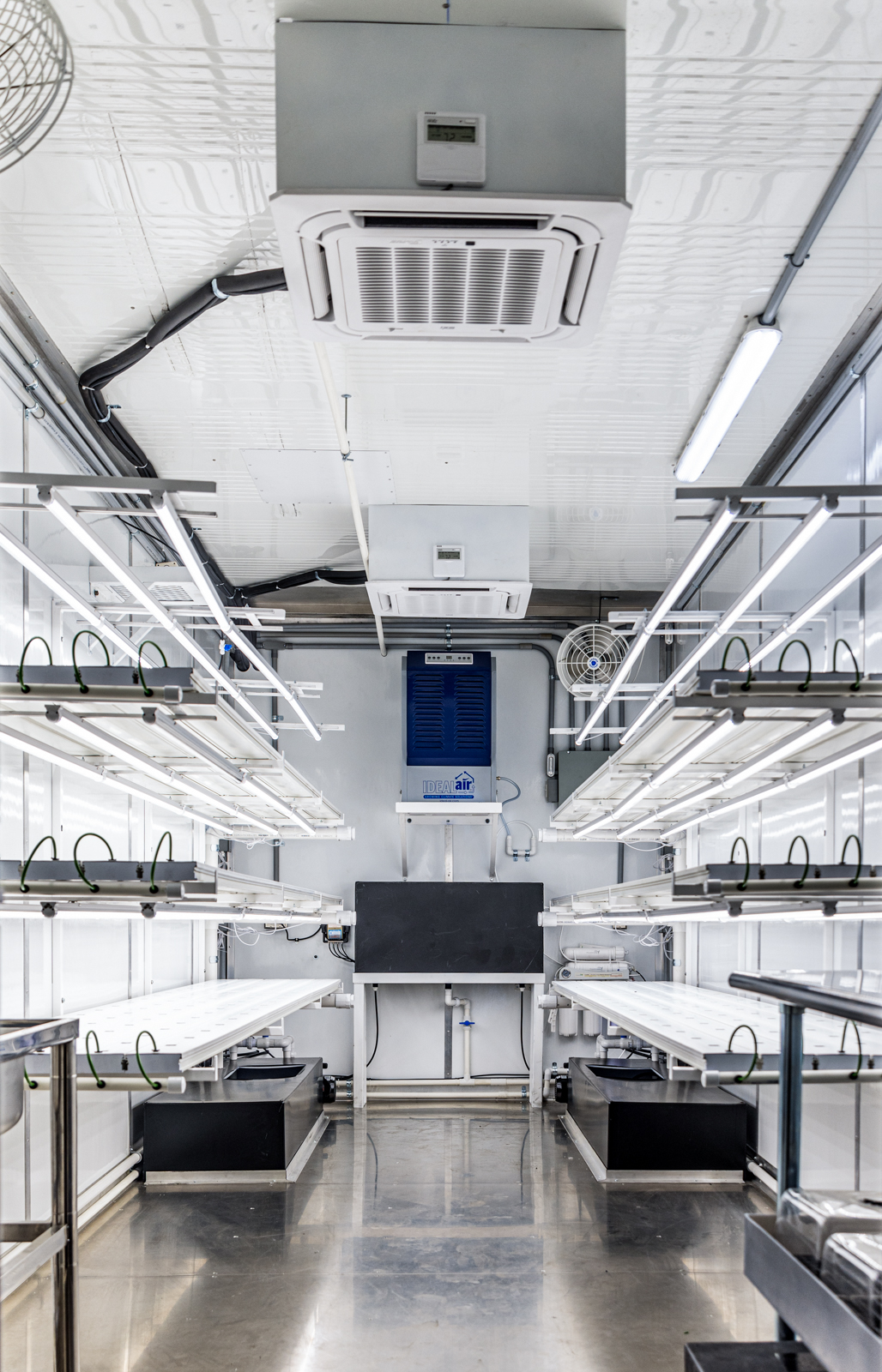
Hydro Pod

Grow Max Pod
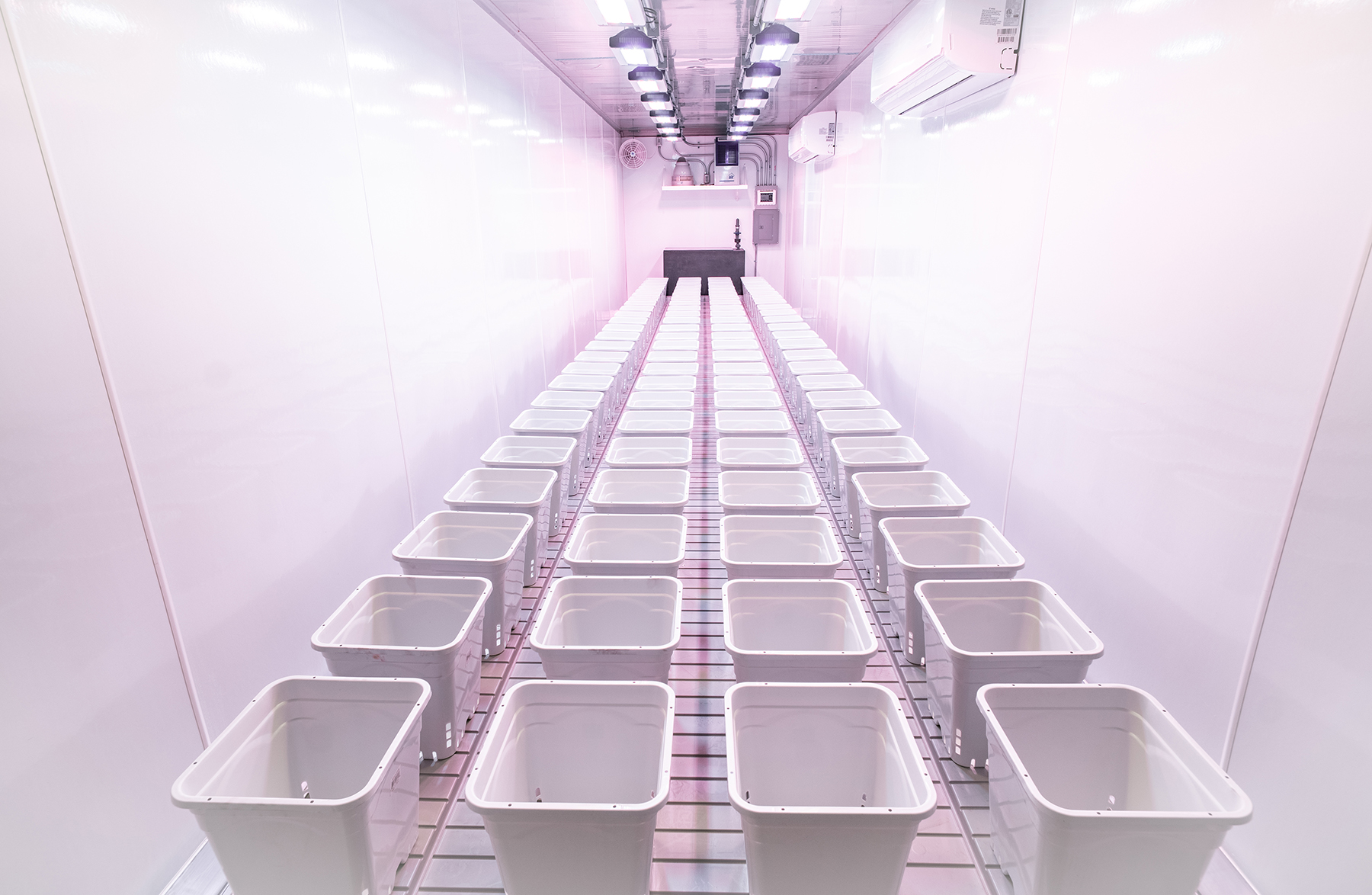
Specialty Pods

Custom Builds
Controlled Enviroment Agriculture
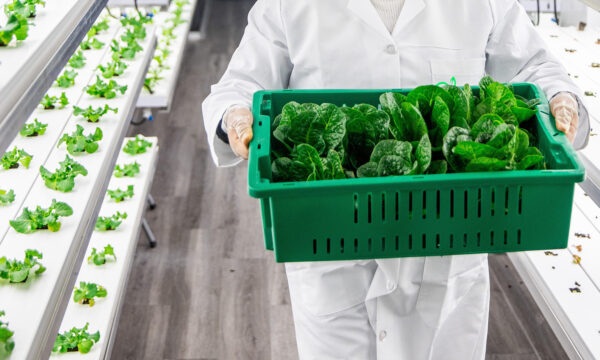
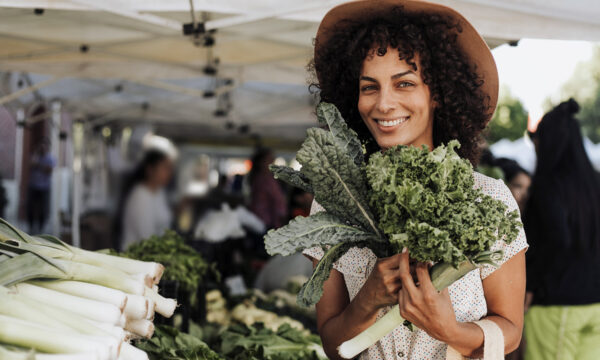
Grow Pod Farms is reshaping the supply chain by bringing the farm to the people. This creates clean and healthy produce using sustainable farming methods and technology. With Grow Pod Farm modular, scalable units we can create hyperlocal farm and food systems, provide transparency in our food systems, as well as teach and employ local communities.

CLIENT STORIES
CMZoo On-Site Lettuce Pod

“On average, we use more than 3,500 heads of romaine lettuce per month,” said Alex Crochet, CMZoo’s Horticulture Curator. “The goal is to eventually grow about 55% of the Zoo’s lettuce using Grow Pods on site.”
“We hope to have our Grow Pod set up in a way that our guests can learn more about sustainable farming, too. As residents of a drought state, we can save water and still grow our own produce.”
Inside the upcycled, modified shipping container’s sturdy walls lies a high-tech, energy-efficient, and bio-safe grow house. And with its heavily insulated container shell; the lettuce will be protected from Colorado’s extreme temperature drops for year-round growing.


Pod Farms
Scalable Sustainable Farming
Looking for turn-key container farms? Grow Pod is a modular, stackable, and mobile indoor growing environment. With our combination of hydroponic containers and soil systems; you get a significantly higher yield and more control in approximately 6 weeks from the time of ordering your pod.
Frequently Asked Questions
What Crops Can I Grow?
Microgreens, Lettuce, Herbs, Vegetables & More
We offer fully insulated, food-grade greenhouse shipping containers that have been specifically modified for your grows. Varieties of microgreens, herbs, lettuce, vegetables, tomatoes, strawberries, and even more crops can be safely grown in our Pods.
Grow Pods allow businesses, entrepreneurs, restaurateurs, grocery stores, schools, and charity organizations to grow fresh, healthy food on-site that is free from disease, pesticides, and dangerous chemicals.
Where Can I Install a Grow Pod?
Grow Anywhere
You can grow in any climate and any location around the world. The pods can be either placed indoors or outdoors depending on your needs. Within our environmentally controlled shipping container farms, food production becomes predictable and reliable.
The fully contained “plug in and go” system means that you can yield consistent growing cycles, no matter the weather. Because the crops are so well protected within this container, up to 94% of crops are of marketable quality. Pods are an ideal solution for individuals, restaurants, non-profit groups, and communities in hostile or urban environments to produce fresh, healthy food.
How Much Water & Energy are Consumed?
Eco-Friendly Farming
With our combination of hydroponic and certified organic soil systems; you get a significantly higher yield that grows faster and is more consistent while being able to grow year around.
Depending on your operation, the pods consume an average of fewer than 200 kilowatt hours of power per day and with options to add solar power to the units, this can greatly be reduced. Our hydroponic circulating system of water delivers essential nutrition to plants and reduces water consumption by up to 90% over traditional soil farming.
How Easy is it to Expand a Pod Farm?
Modular, Stackable & Scalable
Grow Pods are “plug-and-play” and scalable, so as demand rises, adding additional pods is easy. They are also stackable, even with limited space. For example, in urban environments, you can create vertical farms of shipping containers alongside existing buildings.
Contact GP Solutions
Interested in Modular Farming?
Grow Pods are made in the USA. Our automated indoor farms allow businesses, community groups, and entrepreneurs to grow healthy, contaminant-free produce, anywhere, year-round. Contact us today to speak with a grow advisor and learn if Grow Pod is right for you.
(888) 655-3385
info@growpodsolutions.com
Grow Pod Solutions
223 West B St.
Colton, CA 92324
